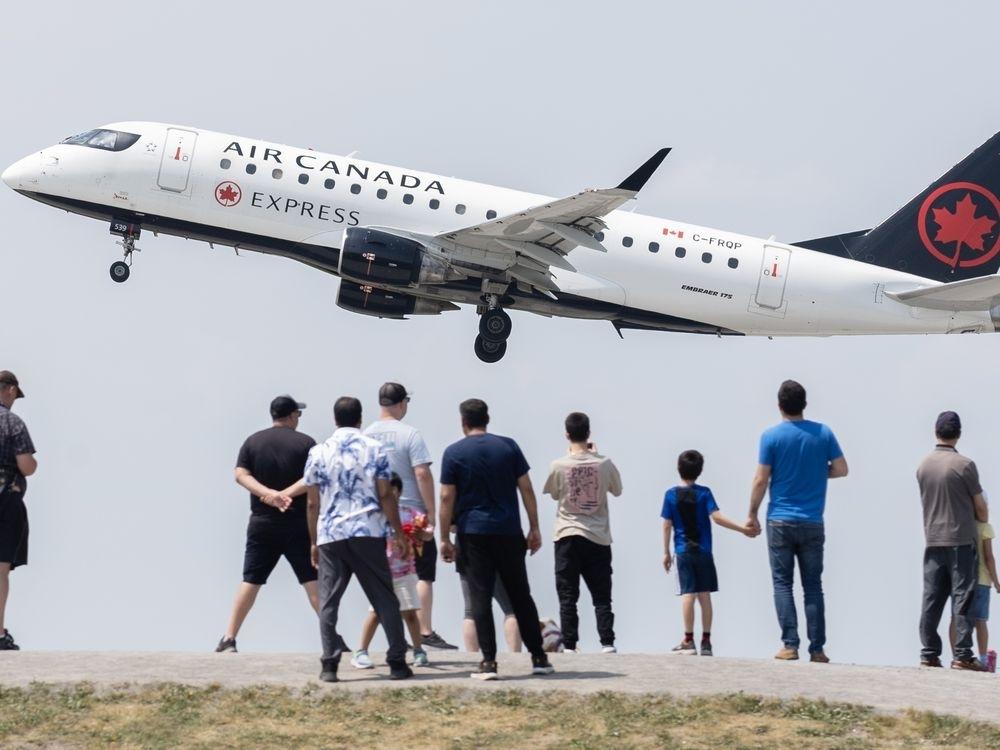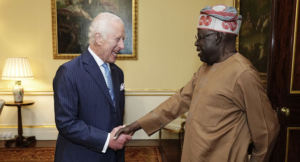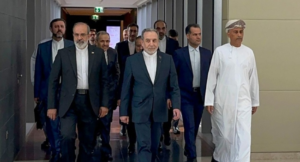
Air Canada pilots have kick-started the bargaining process with their employer in a move that comes days after their fellow union members at WestJet ratified a new collective agreement.
Representing about 4,500 employees, the Air Line Pilots Association’s Air Canada contingent said it has provided a bargaining notice to company management, the first step toward hashing out a new deal.
The decision comes two weeks after the pilots group invoked a clause to end its 10-year collective agreement a year early and launch negotiations for a new one.
Key issues include a widening wage gap between Canadian pilots and their U.S. counterparts as well as job security and career progression, said Charlene Hudy, who heads the contingent.
“The Air Canada pilots have not been in a meaningful negotiating position since 2014 and in these negotiations we are striving for a historic contract for our Air Canada pilots to address this growing disparity between the United States and Canada,” she said in a statement.
The current deal will remain in force until Sept. 29 and its provisions will still apply after that date.
“Such negotiations usually take months and this is just the beginning,” said Air Canada spokesperson Peter Fitzpatrick in an email.
“The current agreement, which has been in place for nearly a decade, is a testament to the productive relationship we have with our pilots. We expect the upcoming negotiations to be conducted in this same spirit.”
Since landing on a deal in 2014, Air Canada pilots have received a 2% pay hike each year.
The union’s move comes after 1,800 pilots with WestJet and budget subsidiary Swoop ratified a new agreement that brings them onto a level pay scale, giving flight crews a 24% wage bump over four years and resulting in Swoop’s shutdown at the end of October.
Experts said the deal sets a new standard in Canadian aviation that will put pilots closer to U.S. pay levels and raise costs for airlines still recovering from hundreds of millions of dollars in losses during the pandemic.
The pending Air Canada talks also arrive as airlines face intense domestic and cross-border competition from ultralow-cost carriers, such as Flair Airlines and Lynx Air.
Labour shortages continue to plague the aviation industry as the sector emerges from the pandemic and the past year’s travel turmoil, with a dearth of workers in areas ranging from air traffic control to ground handling.
In March, Delta Air Lines pilots secured a deal that includes a 34% pay hike over four years.
American Airlines pilots authorized a strike amid contract negotiations last month before reaching a preliminary deal.
United Airlines pilots are also in the middle of talks, pushing for even higher pay than their Delta counterparts, as well as comparable quality-of-life provisions.







